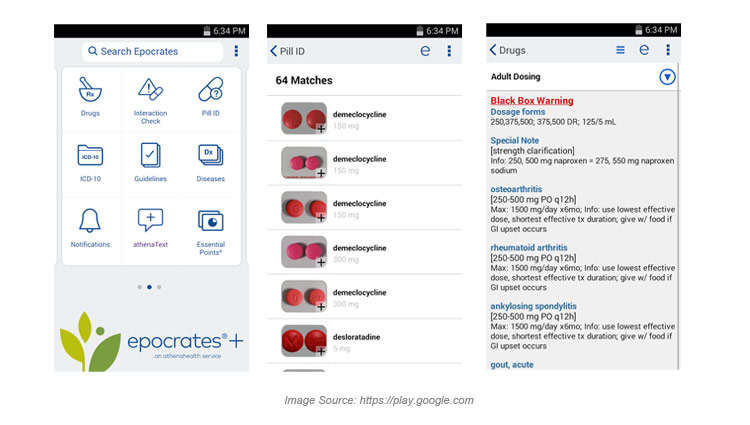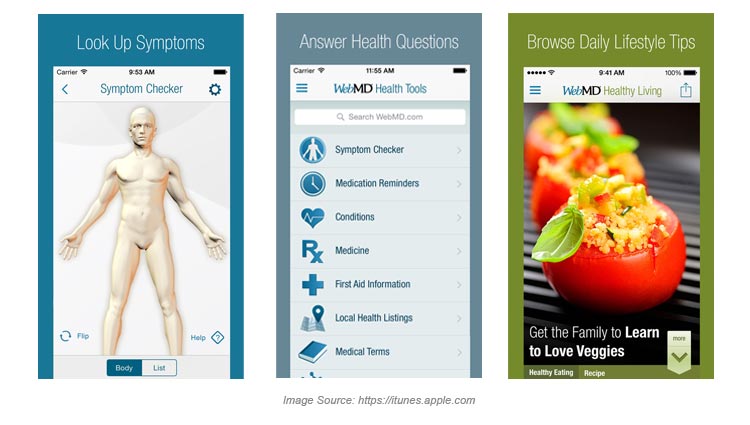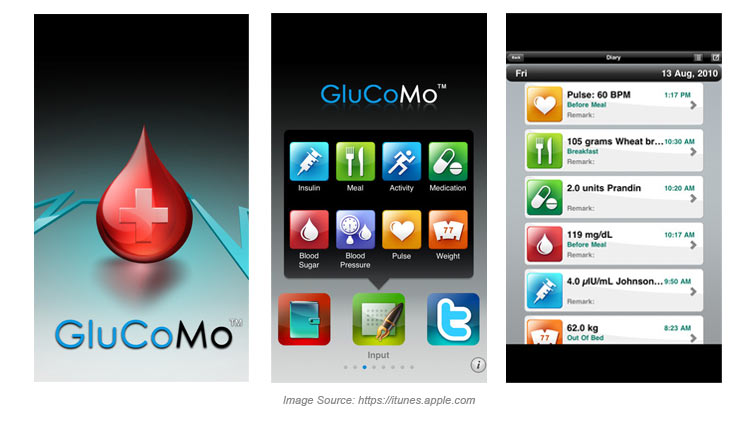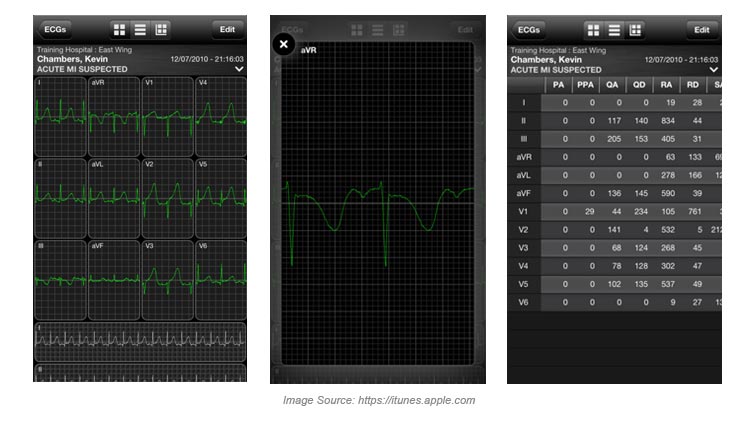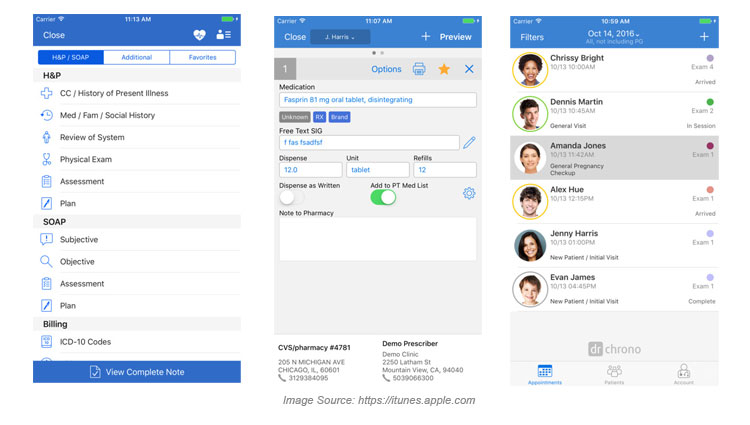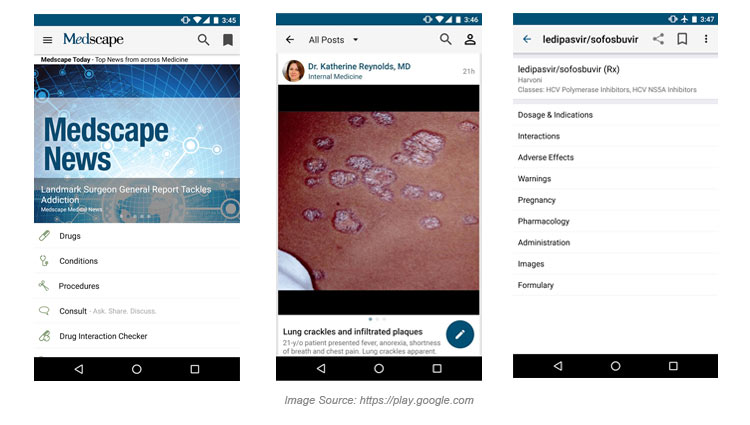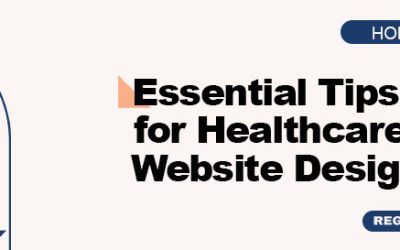When you are planning to establish a mobile presence for your healthcare business, an important consideration is whether to design a responsive website or create a mobile app that users can download, or perhaps both. An SEO company can help in this regard with medical website development and medical app development. They can help you determine which is most apt for your requirements by considering many important factors such as available budget, target audiences, objectives and the features required.
Before going on to whether a responsive web design or a mobile healthcare app is more suitable for you, let us consider what these terms mean.
Responsive Web Design
A responsive website improves the user experience by automatically adapting to any device that you are using. These websites can display content, data, images and video and also have mobile specific features such as click to call, or location-based mapping. This has become the new standard for websites that are not only mobile friendly but also suitable for any sized screen. It helps in hiding or showing certain features depending on the device that is used by the visitor for accessing the website. Responsive websites are easier to administer and do not require much additional marketing.
Mobile apps
Mobile apps are applications that are downloaded and installed on the user’s mobile device rather than being rendered within a browser. There are many user-specific portals like Apple’s App Store, Android market or Blackberry App World where you can find and download apps for specific operating systems. Mobile healthcare apps help healthcare providers improve their service efficiency. For instance, a staff scheduling app can help the administrative department plan clinic timings or staff shifts among various other tasks. Different types of medical apps you can develop include:
- Reminder apps
- Clinical assistance apps
- Database/reference apps
- Specialty apps
- Efficiency/communication apps
- Patient portal apps
- Monitoring apps
- General facility information apps
Here are some of the popular medical apps:
- Epocrates: It is a free, useful app for patients as well as doctors. Its PillID helps to understand what a particular pill is, and what it is used for. The app provides information about any drug, and users can search for it either by name or malady. The Provider Directory can be used to locate physicians near the user. You can find contact information and even schedule appointments.
- WebMD- Android, IOS: This is a free medical app guide for the common man that tries to detect symptoms, and suggests a list of aids for it. It also gives information about drugs or supplements that can be used. It also has video tutorials that provide guidance related to health and growth according to age for children and adults.
- GluCoMo: This app works like an electronic diary for diabetic patients and helps them to store blood sugar data, weight, insulin intake, pulse, blood pressure and other data. The data can be accessed in the form of a graph. It is not free.
- Airstrip CARDIOLOGY: This app can transmit patients’ ECG through wireless to the doctor’s phone. It can detect the cardiac health of the patient, and provides a very accurate and clear waveform. It allows making a comparison between various tests conducted on the patient. The app is free but requires registration on the Airstrip Technologies website.
- Drchrono EMR – IOS: Totally meant for doctors, this free app schedules and maintains the complete doctor’s diary. A complete history of the patient can be tabled including visits, prescriptions, images, and videos. Dictations can be recorded and converted to text. Doctors can receive patient reports via fax, and this can be further shared as required.
- Medscape – Android: This is a very popular app among medical professionals and is virtually an encyclopedia. It is available for free, and gives doctors access to the information about drug brand database of more than 8,000 drugs with their dosage and effects, 600 clinical procedures, and 3,400 kinds of diseases aided by images and videos with updates and offline referral content help. It is free.
Which One to Choose
The choice of a mobile website or mobile app would depend on your objectives. For healthcare businesses, mobile apps alone may not serve the purpose. It is best to have a mobile website in place and then build a mobile app. To develop a mobile web presence, a mobile website should be your first step. An app is the practical choice for developing an application for a very specific purpose that cannot be effectively accomplished with a website.
- Availability: Mobile websites are instantly available to users across a wide range of devices. In the case of apps, the user has to first download and install the app from an app marketplace before the content can be viewed. This could create a barrier between initial engagement and conversion/taking action.
- Time and cost involved: Mobile website development involves lesser time and cost than mobile app development. You may have to develop multiple apps if you want a presence on different platforms.
- Visibility: Mobile websites are displayed in search results, and industry-specific directories. This makes it easy for targeted visitors to find you. Mobile apps are largely restricted to manufacturer app stores and are not immediately visible.
- Marketing: A responsive website does not require additional marketing. A mobile app on the other hand has to be marketed as they are not easily available to customers like a website.
- Shareability: You can easily share mobile website URLS between users via a simple link. Users can be directed to a mobile website from a website or blog. This is not possible with apps.
- Technology: Responsive websites feature new technology, and therefore old browsers and devices do not support it. This may result in slow and incomplete loading and harm user experience. Mobile apps are based on single platform and is helpful for the user of that platform.
A mobile app is the better choice in the following instances.
- Regular usage: If users are going to use your app on a regular basis, then an app is a great option.
- Interactivity: If you plan to provide interactive services, app development can help.
- When you require processing or native functionality: To facilitate actions such as click-to-call, SMS and GPS. An app can be useful if you need to access a user’s camera or processing power.
- To provide offline access: If you need to perform functions without internet access or wireless connection, or provide offline access to content, a mobile app is a sensible choice.
As a medical SEO company would know, a mobile-friendly, responsive website is your sensible choice if your objectives are primarily marketing-driven, or when your objective is to provide content and establish a wide-ranging mobile presence that can be easily maintained, shared among users and found on search engines. However, if you are driven by the goal to provide a user experience that is highly interactive or more like a computer program than a website, or if you need to access a user’s phone storage and native functions, a mobile app is the ideal choice. Ideally, you can have both a responsive website for a general web presence, and a downloadable medical app to accommodate more specific requirements. Make sure, with the help of mobile SEO services that you are getting the best returns on your investment when developing a mobile app. They can help you avoid the unnecessary and costly task of building a mobile app to do something basic that can be achieved with a mobile website.



